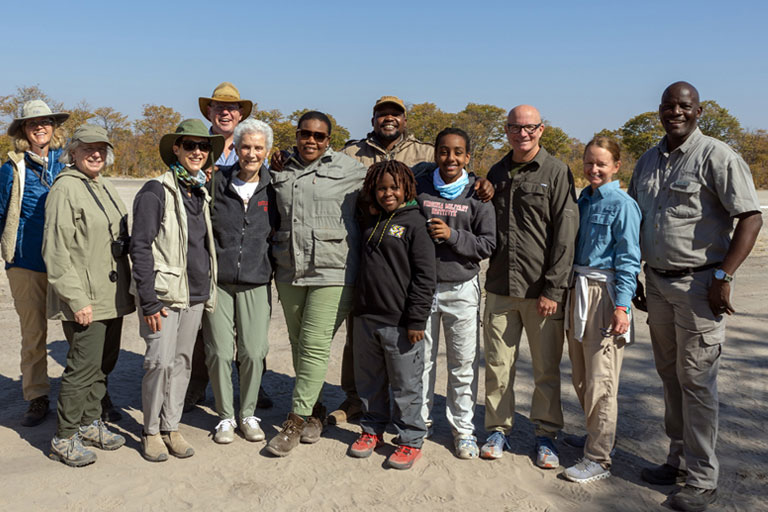Self-awareness and reflection
Take some time to reflect on your own identity. Identity informs your understanding and influences your experiences of complex social problems[2], especially within the destinations and cultures you will be visiting. Your identity is a complex mix of your traits, characteristics, race, gender identity, beliefs, friends, romantic partners, family, and social groups, to name just a few. As you think about what comprises your identity consider how it will factor into the culture, politics, religion, and economics of the regions you will visit. Think about how individuals in these cultures view themselves and how they might view you.
Recognize biases
Biases are defined as the attitudes, beliefs, or stereotypes that affect our understanding, actions, and decisions unconsciously. Take personal inventory of biases you might have about the destinations and cultures you will be visiting, such as race, ethnicity, age, gender, LGBTQ+, and ability biases[3]. Social bias and stereotypes are some of the most common biases in tourism, which are attributed to prejudicial attitudes toward certain groups or races found in a destination[4]. For example, a sizable portion of the population of a country you are visiting may practice a religion that is different from your own beliefs. In parts of Africa, animism plays a role in the spiritual connection to living things and ancestry. Voodoo is often a name associated with these spiritual rituals and practices in some African cultures. Thanks to misleading Hollywood depictions, Voodoo often quickly raises biases of evil in our unconscious, something that is a gross misrepresentation of the positive role it plays in the cultures that practice.
Understand power and privilege
Privilege is an advantage one receives from perceived membership to dominant social groups (e.g., white, male, heterosexual, middle class, etc.) and often comes at the expense of others. Power is the ability to influence and make decisions that impact and potentially marginalize other groups. Anu Taranath, PhD, provides perspective on the complexity of power, and how it can vary from person to person, culture to culture.
“We have lots of different identities that play out at once,” says Taranath. “I have more wealth than many others. I have more stability, opportunity, mobility, safety, and choice. My U.S. passport gives me privilege. But my small, brown, woman of color status—not in my eyes, but in the eyes of others—gives me less privilege.”
When researching your destination, observe what these differences in power and privilege might be and reflect upon them[5, 6].
Learn historical context
When preparing for your trip learn about the history of your destination and how things such as war, famine, economic collapse, and colonialization have shaped its present context. How might you and your potential differences be perceived in this space? For example, some differences may come in the forms of advantages you have that people in the destination do not. Be aware of and acknowledge those advantages[7].
Understand the present
Exploring the present day provides us with context and insight into local cultures. Politics, religion, economics, resource availability, and conflict all play a role in shaping the lives and values of people within a destination. Be mindful that present day issues may not be monolithic throughout a country. There may be regional differences in cultures that are based on and influenced by the previously mentioned factors[8].


